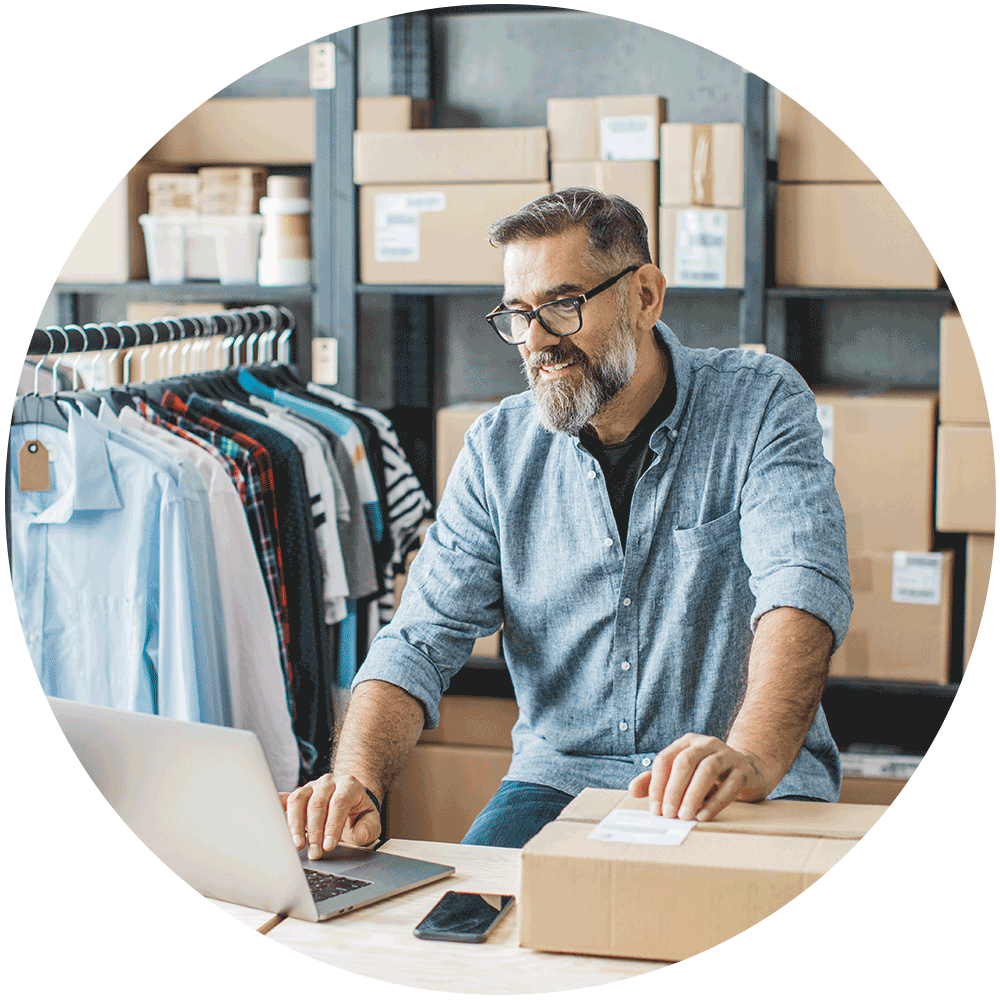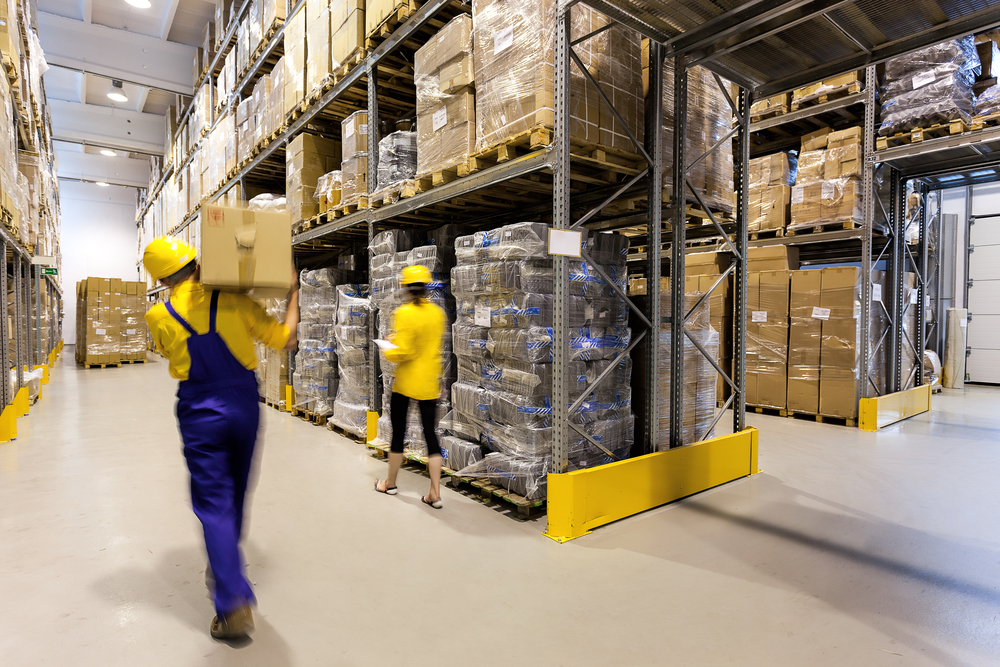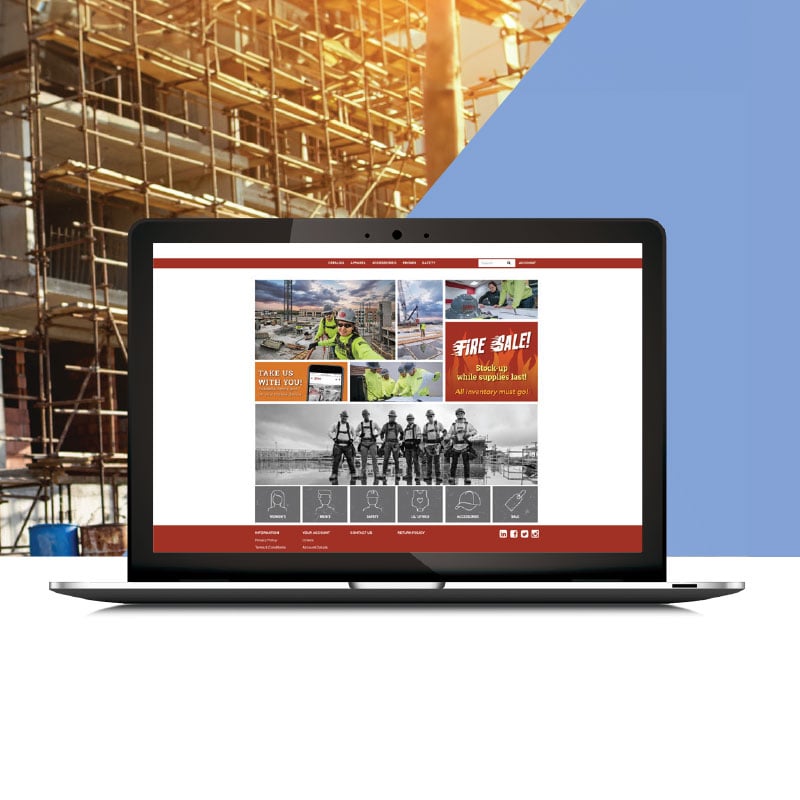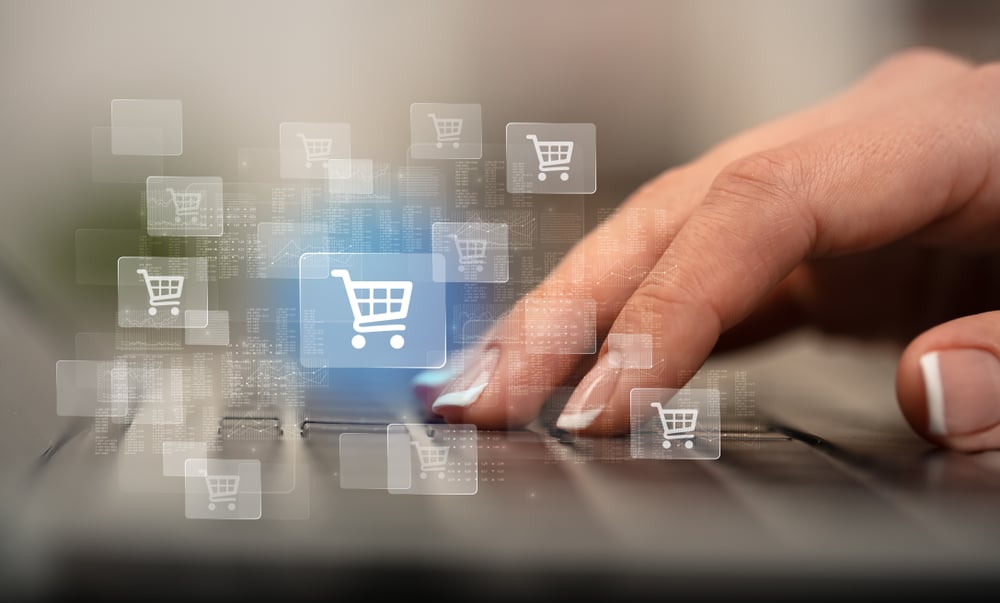A Better Way to Manage Supplies for Your Team
A business runs on essential supplies. Your team needs promotional materials, corporate apparel, marketing supplies and more. Coordinating product orders can take time and effort you don’t have, and a missed order can mean lost business or worse. Unfiltered ordering access for the team can lead to confusion, over-ordering and mistakes. With GO2 Partners’ ecommerce service, you can consolidate orders, reduce your work and give your team access to essential supplies while you stay in control.

Empower Your Employees While Staying in Control
Essential marketing materials
Your business needs essential materials to keep your operation moving. When your team can easily resupply their corporate supplies and promotional materials, you remove an impediment to getting more work done and free up more time in their day.

Control your brand
GO2 Partners’ intuitive ecommerce platform gives your team tools to keep operations moving. It improves efficiency and saves you time and money. You can set parameters like designs on apparel and merchandise, forms, business cards and more. Set the total budget for each location, then track orders. It’s all under your control.

Manage access
Additionally, you can control the flow of sensitive information. You have complete control over every employee’s access level, so you can empower your team without risking exposure. It’s a smarter way to handle essential supplies.
Consolidate vendors and simplify ordering
You’re often left juggling multiple vendors when ordering supplies, apparel, merchandise and promotional materials. You might work with a design team that creates products, communicate with a printer to produce the images, and then manage the distribution schedules. Nothing is connected. GO2 consolidates these services, providing a better user experience at a lower cost.

Budget and spending accounts
Give your team the ability to control and manage their essential supplies while managing the budget. GO2 Partners’ ecommerce platform allows you to control spending at locations. Set the budget and then review the spending.


Customize access for cost centers
You may need to limit access to supplies if you have multiple locations that offer different services. With our customizable control parameters, you provide templates for each location. This provides brand control and limits customer and employee confusion.
End-to-end supply chain control
Delays, confusion and miscommunication happen when you work with multiple vendors. GO2 streamlines the ordering and delivery process. Our experts work with you on initial designs, build out templates for your team members to order, work to find the best price, and then deliver products from our distribution centers. You have complete control without the confusion.

Easy, fast, convenient ordering
When you need essential products, you don’t want to wait. You need the fastest, most convenient journey from finding a need to reaching a solution. Once you’ve set up your account with our services, you can quickly place orders and even customize designs and track your budget from one location. Our modern ecommerce platform puts you in complete control.
Access a Full Suite of Additional Services

Kitting & Fulfillment
Support your business campaigns with convenient fulfillment services.
Boost Your Operational Efficiency Today
Don’t waste time waiting on your vendors to respond. The GO2 Partners ecommerce team can transform your operation, reduce logistical headaches, boost efficiency, and give you more time in the day. Reach out now if you want to learn about what our ecommerce platform can do for your business or about all the other ways we can help.

Customer Success Story
See how GO2 transformed a construction company with a convenient ecommerce site for apparel.
Latest News and Information

Six Tips for Getting Started with Managed Services for Ecommerce
Keep Reading

How to Make an Impression with Your Ecommerce Packaging
Keep Reading
Industries

Manufacturing
Increase efficiency and output in both the front office and on the shop floor with GO2.

Restaurants
Managing multiple locations for a restaurant can be frustrating and risky without the right tools and resources. GO2 can help.

Cannabis
The cannabis industry is booming. Seize every opportunity to grow with it with GO2’s support.

